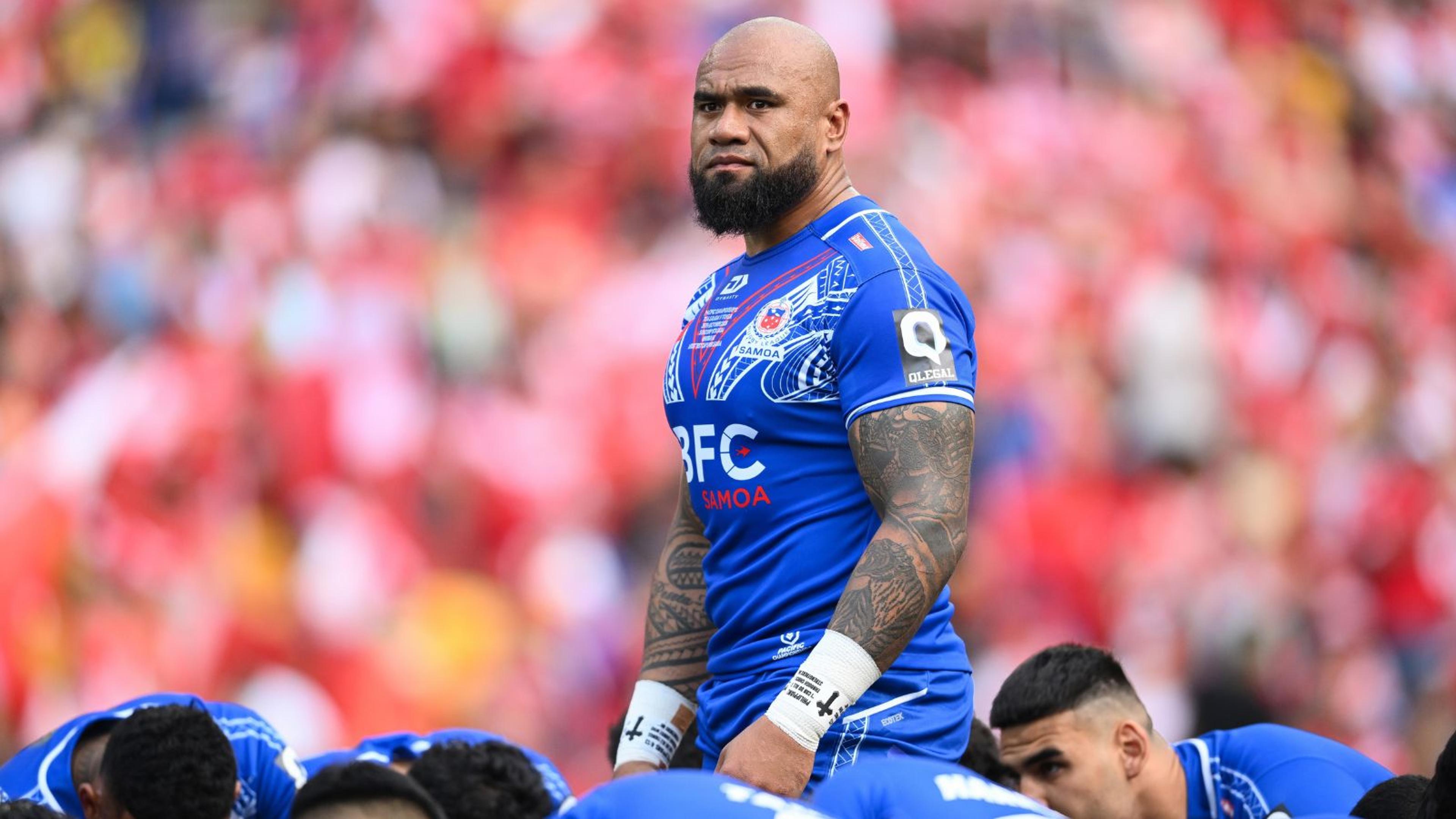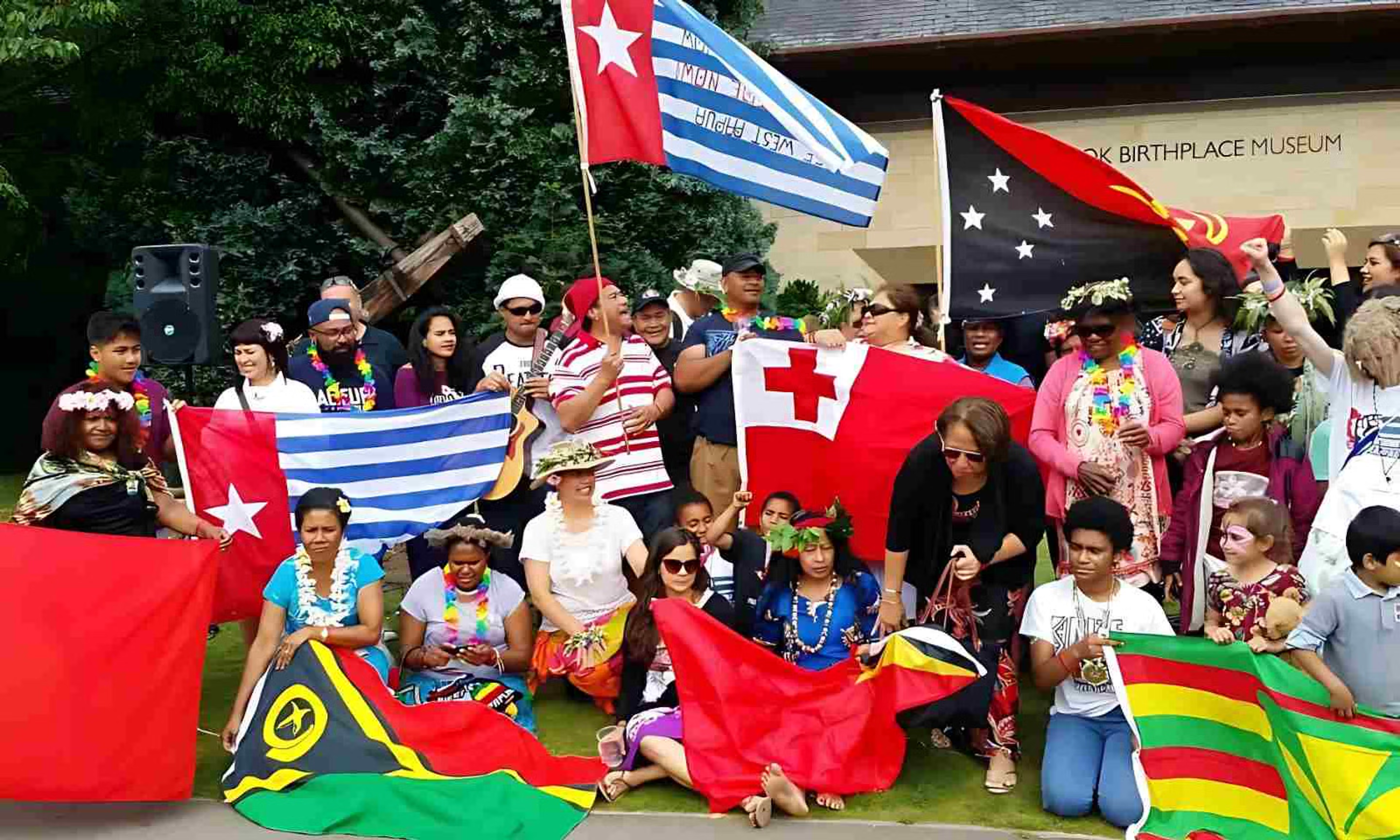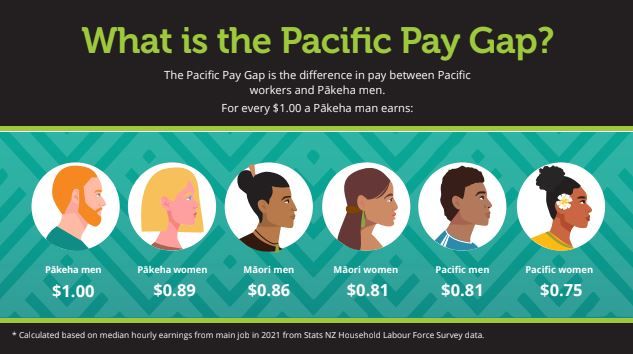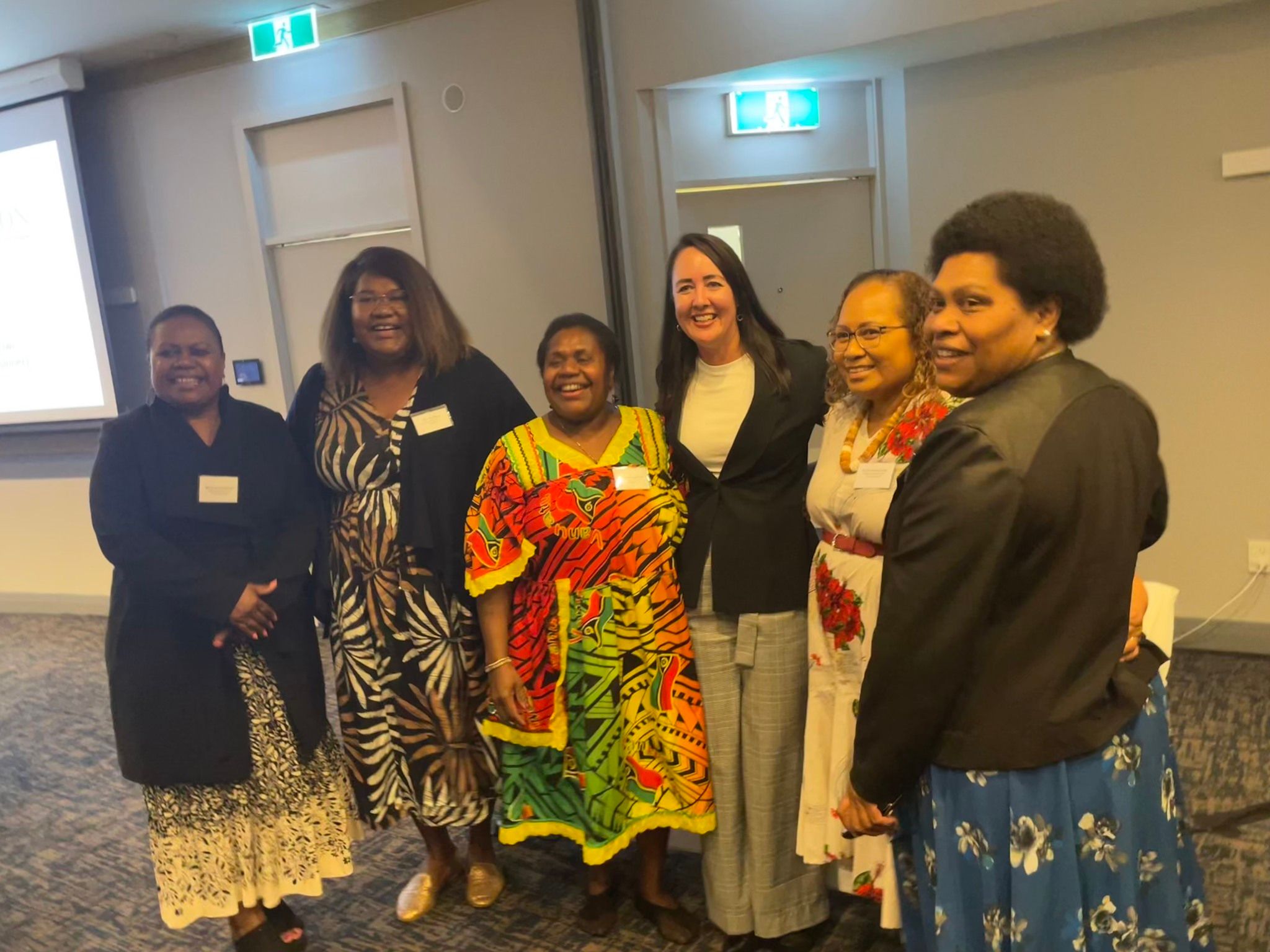

Dr Melissa Derby became the Race Relations Commissioner in November 2024.
Photo/The Human Rights Commission
NZ's Race Relations Commissioner vows to raise Pacific voices in fight against racism
Dr Melissa Derby says she is committed to engaging with Pasifika communities to address housing, health, and employment disparities in Aotearoa.


Junior Paulo leads from the front as Toa Sāmoa crush Tonga in Brisbane

Pacific island nations unite to support West Papua amid human rights violations


Iconic Polynesian canoes set sail for Aotearoa, 40 years after historic voyage

Junior Paulo leads from the front as Toa Sāmoa crush Tonga in Brisbane

Pacific island nations unite to support West Papua amid human rights violations

New Zealand’s Race Relations Commissioner, Dr Melissa Derby, says Pacific voices are vital in her efforts to tackle racism and build social cohesion.
With ties to Ngāti Ranginui, Derby began her five-year term in November 2024 and is committed to doing “my absolute best for every single community in this country” while strengthening relationships with Pacific groups.
In an interview with William Terite on Pacific Mornings, Derby says community discussions, or talanoa, played a major role in shaping her upcoming contribution to a United Nations report on racial discrimination.
“It took me into communities really early on in my role with a really deliberate thing to ask communities about, and that included Pacific communities,” she says.
Derby met with various Pacific leaders through churches and activist groups, who shared their experiences with discrimination in Aotearoa. The leaders highlighted issues such as inequities in housing, health, education and employment.
“Migrant worker exploitation or the seasonal workers that perhaps affect Pacific communities more than other communities” remain pressing issues,” Derby says.
Watch Dr Melissa Derby's full interview below.
In 2022, the Human Rights Commission published the Pacific Pay Gap Inquiry, which included recommendations aimed at achieving equitable pay rates by 2042. These recommendations suggested increasing the minimum wage to meet the living wage, improving pay transparency reporting, and establishing a dedicated taskforce.
In her report, Saunoamaali’i Dr Karanina Sumeo, the Equal Employment Opportunities Commissioner at the time, argued that Pacific people are overrepresented among those facing economic hardship, highlighting the need for respectful and urgent solutions.
“The Inquiry has exposed legislative and policy gaps, business leadership invisibility and systemic indifference to pay inequity based on ethnicity that has perpetuated inequality, unfairness, discrimination and hardship in the lives of Pacific peoples,” she stated in the report.

Image/Pacific Pay Gap Inquiry 2022
A commitment to community
Derby aims to build on the legacy of the inquiry by increasing engagement with communities and church groups.
“I’ve encountered a lot of Pacific groups in the interfaith space, which is really nice to see Pacific churches and so on involved in that space as well, alongside Muslim groups, Christian groups and others.”
She says New Zealand must embrace its growing diversity, along with political leadership that reflects the community’s spirit.
In 2018, acclaimed Hollywood director Taika Waititi described New Zealand as a “racist as f***” in a magazine interview.
Responding to racist comments directed at Air New Zealand’s new chief executive,Nikhil Ravishankar,Derby says such attitudes reflect a narrow and outdated view of who qualifies as a New Zealander, a perspective she intends to change.
“New Zealand is increasingly diverse… Some are very recent arrivals, equally entitled to belong here and to feel included in this country,” she says.

Race Relations Commissioner Dr Melisa Derby met with religious groups in May. Photo/The Human Rights Commission Facebook page
“On the one hand, we are divided, particularly on public discourse and political rhetoric. But on the other hand, I’ve seen some really wonderful community events and initiatives that bring people together from a range of different backgrounds.”
A report by the University of Auckland in 2024 titled, Talavou o le Moana, revealed that40.5 per cent of Pacific high school students reported experiencing racism.
Looking ahead, Derby wants to shed light on stories that represent all communities.
“Part of my role is really bringing my storytelling background to the work that I’m doing now, looking at how we can tell better stories about the communities that make up this country, about the country that we live in and how we can look after each other,” she says.
“Ideally, I’ll do such a good job that we no longer need a race relations commissioner calling out racist rhetoric.”